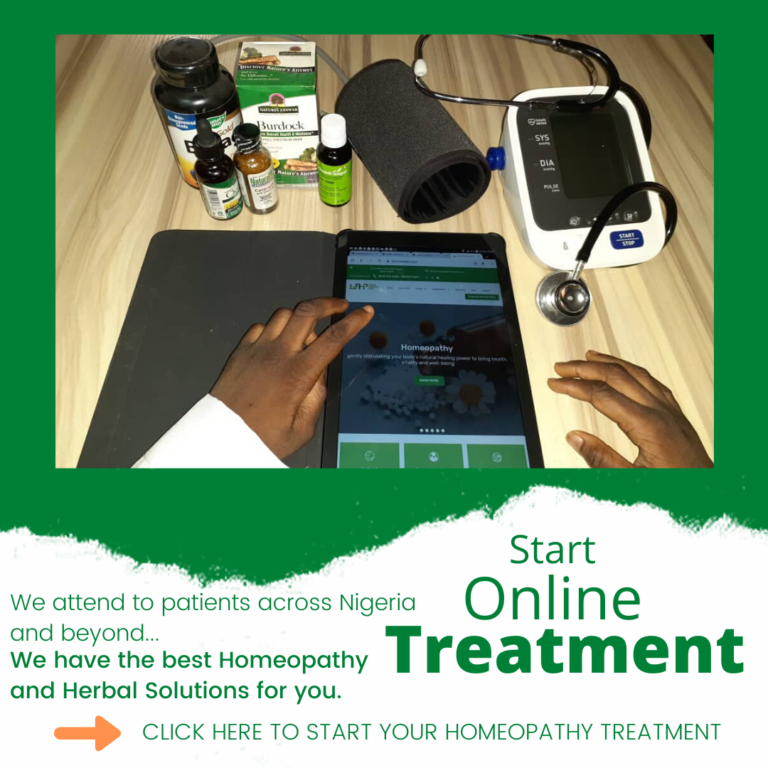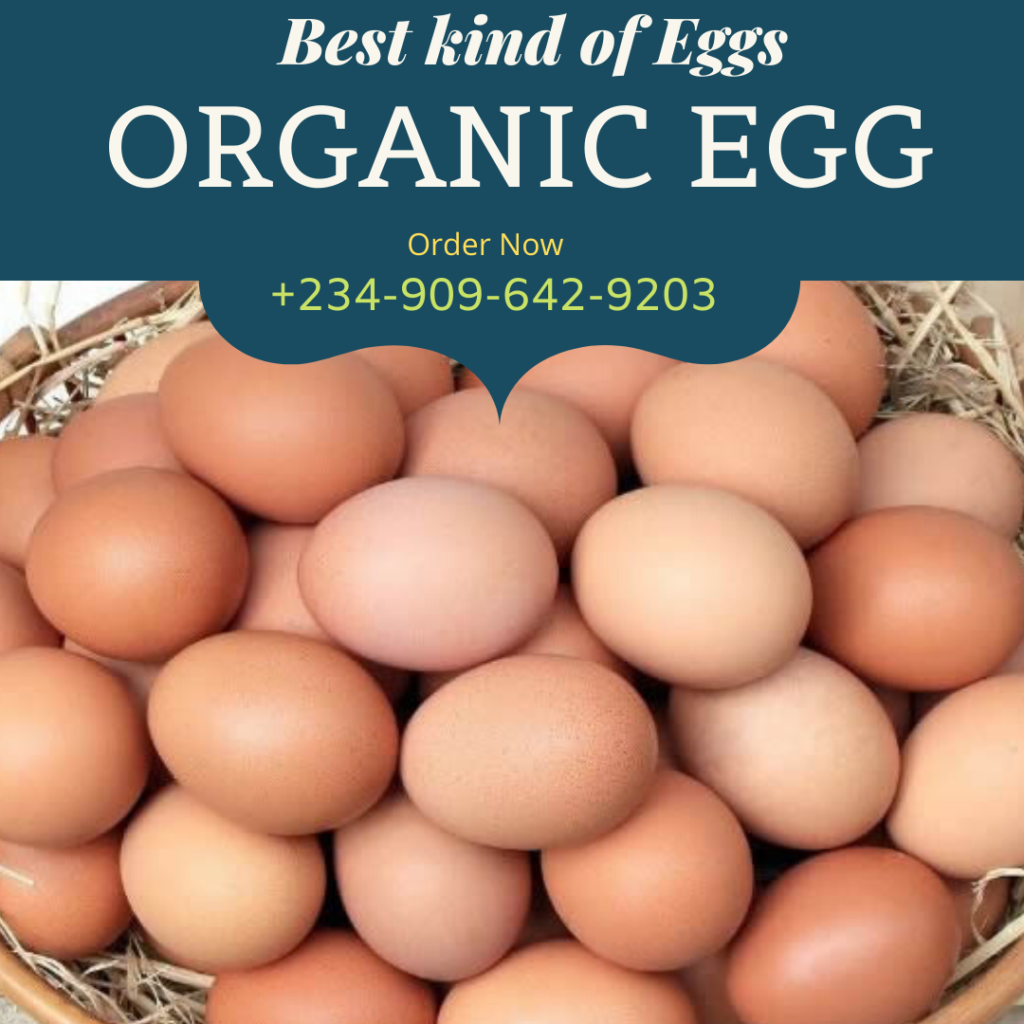Cholesterol is a waxy substance that circulates in your blood. Your body uses it to create cells, hormones, and vitamin D. Your liver creates all the Cholesterol you need from fats in your diet. When the amount of cholesterol is normal, the body is healthy. When the amount of Cholesterol increases in the blood, the body becomes diseased.
When you have High Cholesterol, you may develop fatty deposits in your blood vessels. Eventually, these deposits make it difficult for enough blood to flow through your arteries. Your heart may not get as much oxygen-rich blood as it needs, which increases the risk of a heart attack. This may also lead to decreased blood flow to your brain which can cause a stroke.
Cholesterol doesn’t dissolve in the blood. Instead, it bonds to carriers called lipoproteins, which transport it between cells. Lipoproteins are made up of fat on the inside and protein on the outside. There are two main types of cholesterol carried by different types of lipoproteins.
- Low-Density Lipoproteins (LDL) are sometimes called “bad” cholesterol. High levels of LDL cholesterol can build up in your arteries, causing heart disease, stroke etc
- High-Density Lipoproteins (HDL) are referred to as “good” cholesterol. It helps in removing LDL from the inner walls of the blood vessels. It transports the LDL back to the liver where they are broken down and removed from the body. The more the level of HDL the less the chances of developing heart diseases.
Symptoms of High Cholesterol
High cholesterol has no symptom. A blood test is the only way to detect High cholesterol. Causes of High Cholesterol
• Stress • Old age • Obesity • Smoking • Poor diet • Diabetes • Hereditary • Liver problems • Alcohol • Kidney etc Who needs to get checked?
Everyone should get their cholesterol checked, starting from the age of 20. And then again, every five years.
How to prevent high cholesterol
• Lose extra pounds and maintain a healthy weight
• Quit smoking
• Eat a low-fat, low-salt diet that includes many fruits, vegetables and whole grains
• Exercise on most days of the week for at least 20 minutes
• Drink alcohol in moderation, if at all
ALTERNATIVE MEDICINE
• Few natural products have been proven to reduce cholesterol such as Turmeric, Coriander, Ginger, Lemongrass.
• If you choose to take Cholesterol-lowering supplements, remember the Herbalist in the House, Oluwafunmise on 08028366901/08183554665
Outlook
While your body needs cholesterol to continue building healthy cells, having high cholesterol can increase your risk of chest pain, heart diseases & stroke. So, it is never too early to make healthy lifestyle changes, such as quitting smoking, eating healthy foods and becoming more physically active. These are primary lines of defense against high cholesterol and its complications.


